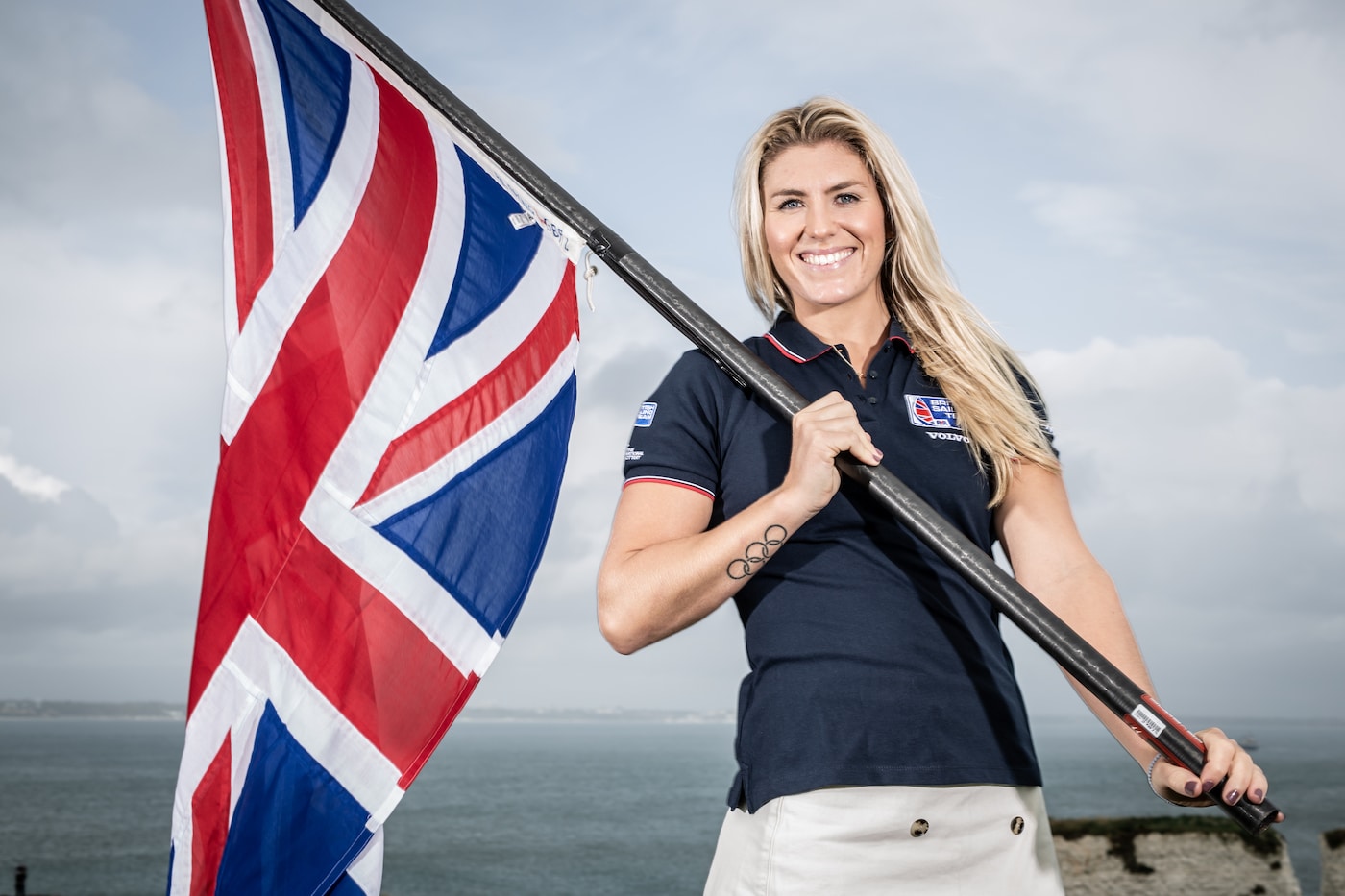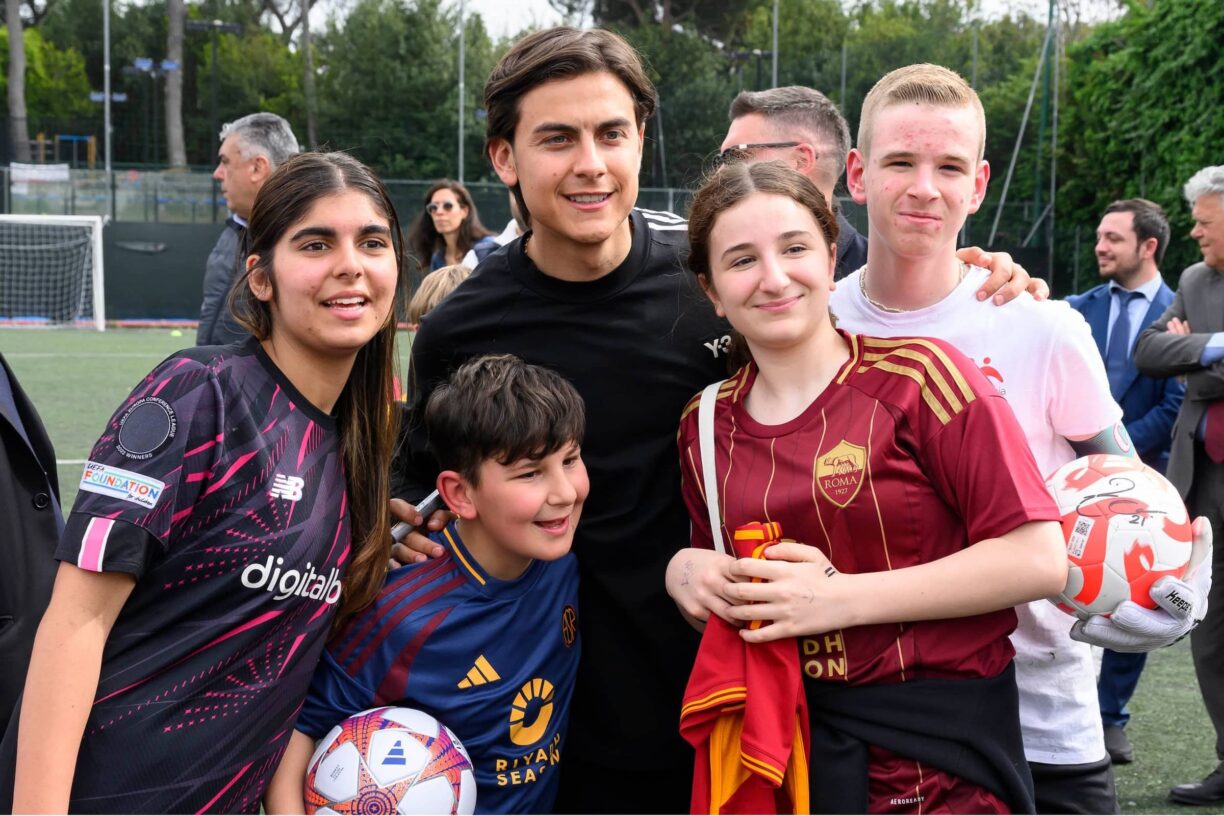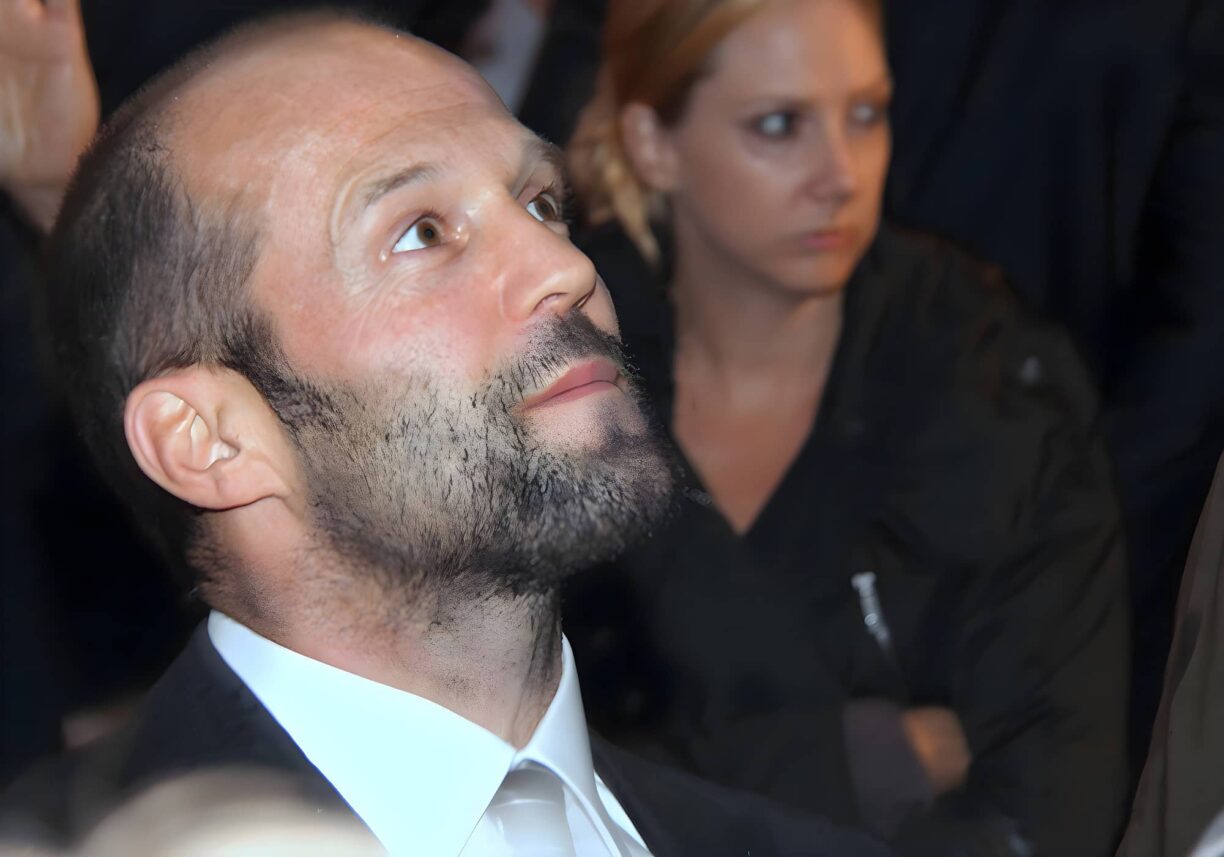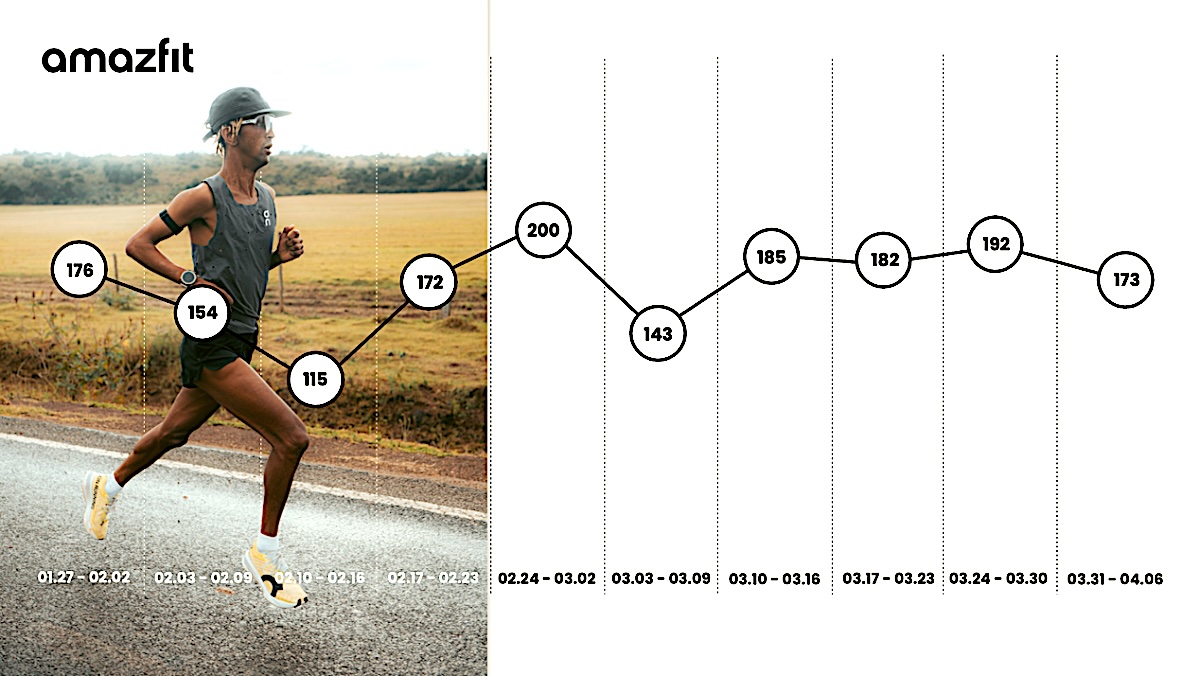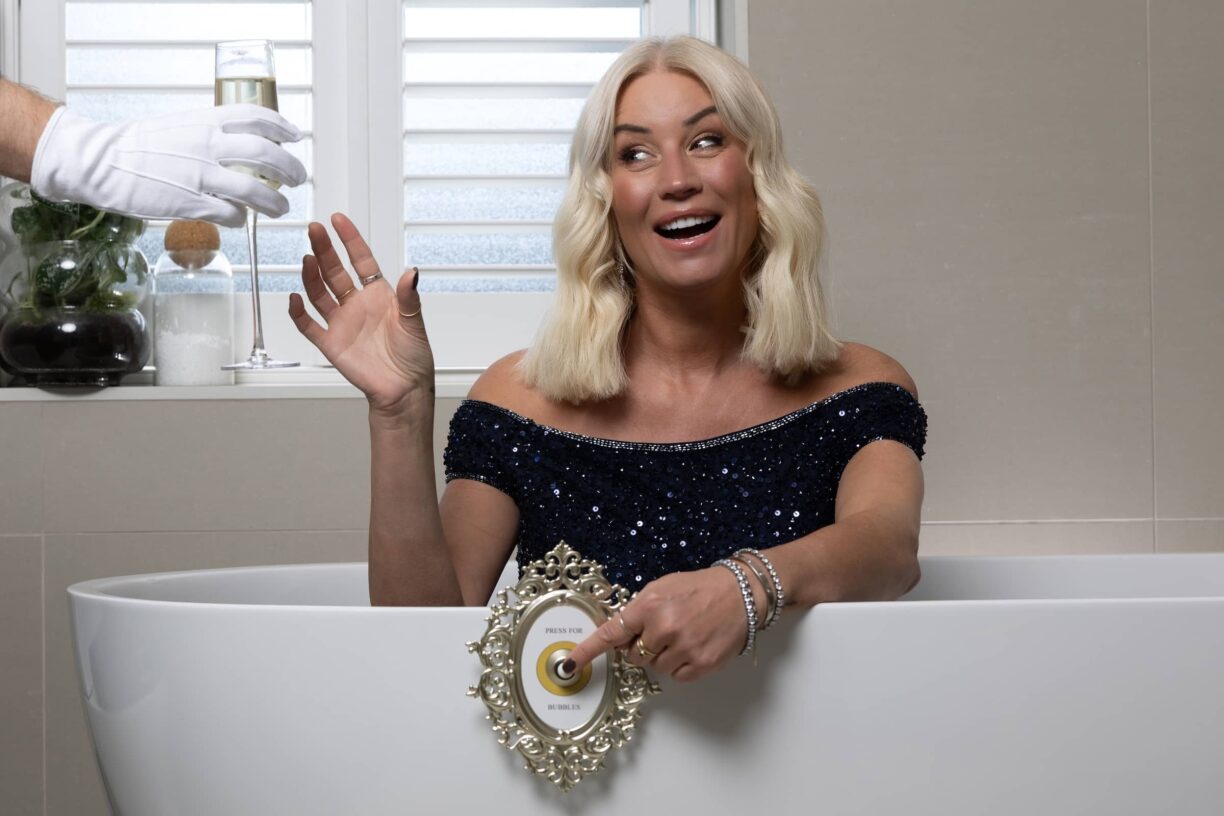Saskia Tidey was a relative latecomer to sailing, taking up the sport aged 15 after watching coverage of the 2008 Olympic Games in Beijing.
After finishing 12th while representing Ireland at the Rio 2016 Olympic Games in the 49erFX class, Tidey switched to Team GB – qualifying through her father Don.
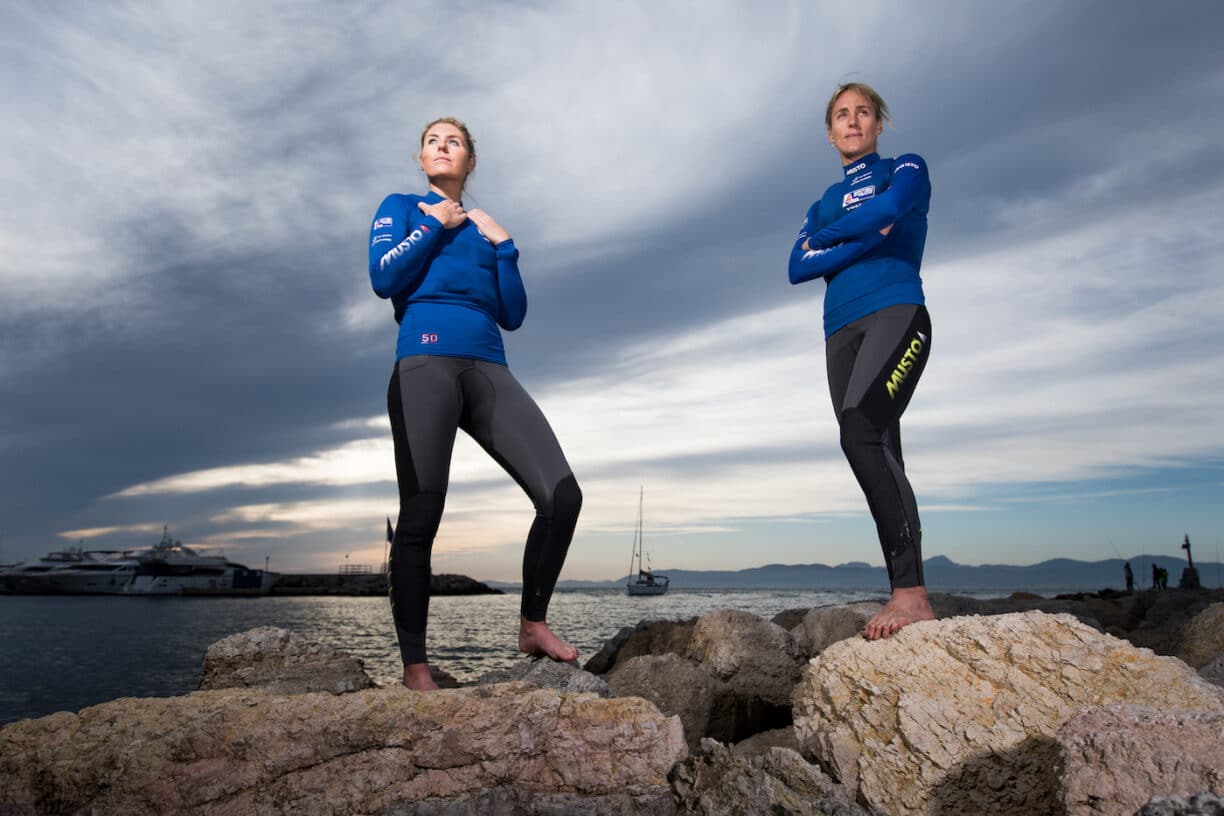
In 2017 Tidey confirmed that she hoped to represent Great Britain at the 2020 Summer Olympics due to the retirement of sailing partner Andrea Brewster and the unavailability of another suitable partner in Ireland for the 49er FX skiff event.
On 1 October, the British Olympic Association confirmed that Tidey had been selected to represent Great Britain at the 2020 Summer Olympics in the 49er FX Skiff class alongside Charlotte Dobson.
She teamed up with Charlotte Dobson and the pair immediately enjoyed success with silver medals at the Sailing World Cup Final and the 49er FX European Championships that year.
In October 2019, Tidey and Dobson were selected to represent Team GB at the Tokyo 2020 Olympic Games in the 49er FX class.
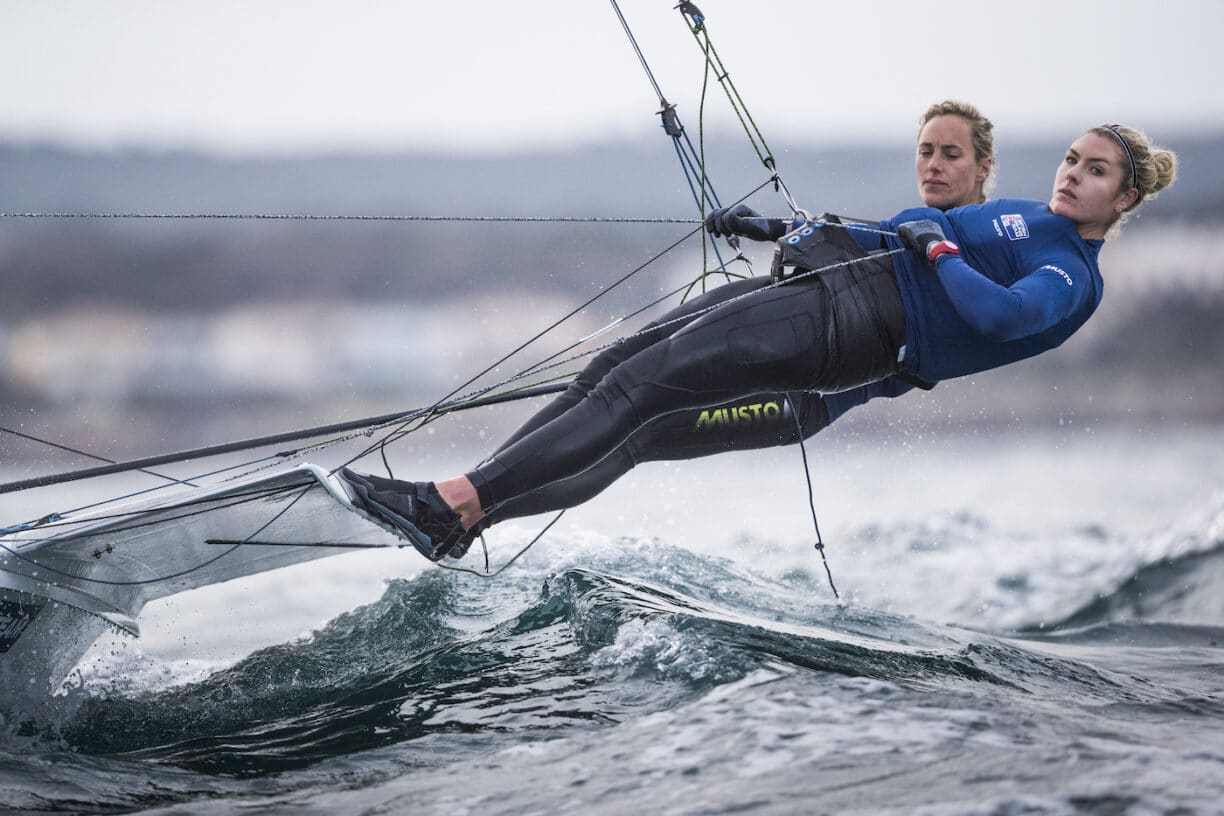
We spoke with Saskia about the preparations and challenges that she and Charlotte have had to endure leading up to this year Tokyo Olympic Games
How does it feel to be selected for the 2021 Tokyo Olympics?
Japan will be my second Olympic Games, after competing for Ireland in Rio in 2016. It is an incredible feeling to say I am a two-time Olympian. If I were to have told 13 year old me that I would be preparing for my second Olympic Games in 2021 I wouldn’t have believed myself!
How does training for the Olympics differ from training for other events you participate in?
The Olympic Games are unique. Only the best of the best have earned their right to be at the start line.
It sort of feels like an exhibition of everyone’s best work which we need to back ourselves and believe we will be in the thick of the fight.
Even though the Olympics are incredibly important and special, I personally like to see it as another outcome regatta where we execute our best current performance with a bit of extra panache.
It has always been important to me in my high-performance career to not let the pressures and noise of the environment change the athlete I have trained to be.
Getting the basics is still vital and managing the stresses is critical. It is an honour to represent Great Britain and have the nation’s support behind us and Team GB.
A lot of people don’t appreciate the athleticism off the water required to sail in the 49er FX class. Can you describe what a typical day of aerobic training looks like preparing for the Games?
The 49er FX is one of the most physically demanding boats. The effort and energy required to make and keep the boat speed high is very physically taxing.
There is not one weather condition I can think of where I don’t feel my lungs burning or my body working hard. Part of the reason I chose the 49er FX in 2013 was the physical aspect of the job.
Over nine years of sailing the 49er FX I have been conditioned and trained aerobically to function at max heart rate whilst still engaged and precise with delivering skills onboard.
Even with this much time in the class behind me I am always evolving my training and pushing harder out of the boat to help reduce the stress on my system when sailing.
Thanks to the sports science team of the British Sailing Team I have been able to push physical limits in the boat. We typically train aerobic sessions 4 times a week.
Can you talk about how you incorporate strength training, stamina building and core fitness into your regime?
The 49er FX requires not only a strong baseline of good aerobic capacity but it also challenges my agility, functional movement and balance as we are always reacting to an unstable surface.
Core and trunk training is a main feature of my strength and conditioning programme. The stronger I am the better, as it allows me to move around the boat with nimbleness and wrangle with the G force we’re up against.
Skiffs are fast boats and it is rare not to be thrown around or experience impact now and then.
We push the boats hard which requires us to be robust and condition well to prevent injury. A lot of my strength programme is focused on explosive movements and power training. I have lost count of how many dumbbell thrusters I have repped in my career!
Aside from training, do you have any other physical pastimes that help you stay fit?
Recently I have taken up road biking, which has been brilliant to keep my cardiovascular fitness ticking over in between HIT sessions on the Watt bike or Ski Erg.
It all began at the start of Lockdown in 2020 and I absolutely love it! Not only is it great for my cardiovascular training, it also is the most mentally relaxing hobby I have ever done.
At the beginning of lockdown you were unable to train on the water with your partner, Charlotte. Can you talk about the challenges this posed to your fitness regime and how you overcame them as a pair?
During the first lockdown Charlotte and I were so lucky to have the British Sailing Team high performance team behind the scenes generating fun, innovative and productive land-based sessions.
Charlotte and I bubbled up in order to continue our fitness training over that period. It was probably the longest we have ever been out of the boat and off the water for in our sailing careers.
At the start it felt like a worry but with excellent planning and on land training we got back into the boat after lockdown fitter than ever.
Lockdown was the first time in my life I have really appreciated the importance of exercise to mental wellbeing and happiness. It was really interesting to learn how after exercise I felt content and fulfilled. Even if it was a short session, it was better than nothing.
How does the kit you wear impact your training?
We need to have good grip strength as 49er FX sailors due to all the ropes we pull and hang off. Grip strength & endurance is hugely affected by the type of sleeve or arm protection we choose to wear sailing.
If kit is the wrong thickness or tension on your forearms it causes fatigue so quickly. As a crew I choose loose fitting arms on tops or wear short sleeves.
Another important feature with clothing selection is the protection we look for in the knee of wetsuits. Knees are bashed regularly around the boat!
What does the ideal physique look like for a 49er FX sailor and how do you train towards it?
Being a tall skiff sailor is key. The righting moment benefit is huge. I am 6ft2 and wish I was taller. It is equally important to be able to move around the boat with grace. Agility, mobility and adaptability are all incredibly important.
Being robust and strong will allow you to last in the boat for longer. It is a truly epic boat to sail and there is nowhere to hide physical weakness.
What does your diet look like in the run up to the Games?
I love food, any food! I have a pretty heavy carbohydrate intake to fuel my brain and body. It was only in recent years I truly understood the importance of fuelling on the water.
I have always struggled to eat enough food whilst at sea without feeling uncomfortable. I use energy gels for quick release energy.
These Olympic Games are historic and will be wholly unique. As this is your first time competing as part of Team GB, did you look to Charlotte, an Olympic veteran, for guidance around navigating the Games?
Charlotte is a very experienced sailor and I always learn from her in depth knowledge in the sport. These games are unique and new to all of us. We will very much be learning together how to best manage the unusual circumstances.
Team GB has done a phenomenal job of helping us all get our head around the paperwork and hurdles to jump even just to get to Japan! It will be a relief to be on the water in our boat away from the noise of COVID.
What is the most important aspect of your training as a pair and how do you support each other on the water?
Sailing a double handed boat is fun but hard. The most important part of our sailing is making sure we are both on the same page and clearly understand what each other’s roles and jobs are.
In training we experiment to make plays and boat skills as slick as possible. We have so much respect for each other’s individual roles on the boat. its a 50/50 work effort that requires us both to be fully engaged and focussed.
Downtime is crucial to maintaining your training, how do you unwind after a tough day of physical exertion?
Charlotte and I live in Portland on the South Coast of the UK. When the weather is good and the bike and boat have been put away we both love to spend pink sunset evenings on Chesil Beach with our boyfriends and friends. Anything outdoors by the ocean relaxes me. I couldn’t imagine living away from the sea.
Saskia is a member of Team Musto. For more information please visit www.musto.com

